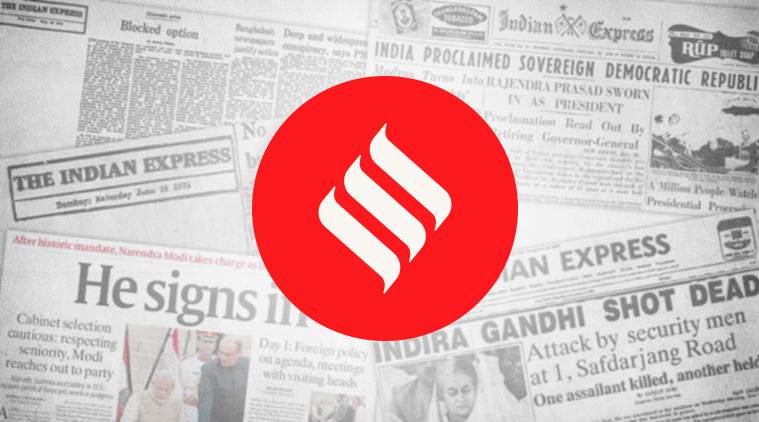
The Rajkot police are going where no one in khaki has gone before. They are now battling the ostensible epidemic of virtual violence unleashed by the award-winning video game PUBG, or Player Unknown Battleground. They didn’t go online to do it, and contented themselves with creeping up on young men playing the game in public places and booking them. They marvel at the concentration of the players, who generally did not detect them approaching until it was too late. Their depth of focus seems to provide yet more evidence of the threat that the game presents to society, and apparently vindicates the notification that the Rajkot police commissioner issued against PUBG a few days ago, banning it from his turf.
But PUBG is not substantially different from other shooter games, a category that’s been popular with online gamers for over three decades. Early cult titles include Muse Software’s Castle Wolfenstein (1981) and id Software’s Doom (1993) and Quake (1996). The player forages through a landscape for weapons and other assets which he or she turns on other players. Teamwork is generally available, but the free-for-all format has always been popular. Real-world penalties in these games include a reduction in social life and the wrath of the player’s families, but the attentions of the police are generally not anticipated. The game has about 400 million active players, who are just waking up to the news that 10 of their peers in India are in trouble with the law, for disobeying a local notification banning the game.
Parents are worried about PUBG (one even complained to the prime minister), though it is no more violent than a lot of music and programming that children are exposed to. There is, of course, some evidence correlating excessive screen time with learning impairment and behavioural issues in children, but no conclusive data on adults. On the contrary, it is sometimes argued that violent content online has therapeutic value, sublimating the urge to commit violence in real life. Besides, the Constitution assures citizens the right to communicate with others, even through a video game. The nanny state has no business trying to attenuate this right through a notification. If it fears that violent games have social consequences, it should initiate a social advocacy programme against their use. But hauling young people off to a police station for playing a video game does severe violence to their privacy and freedoms.